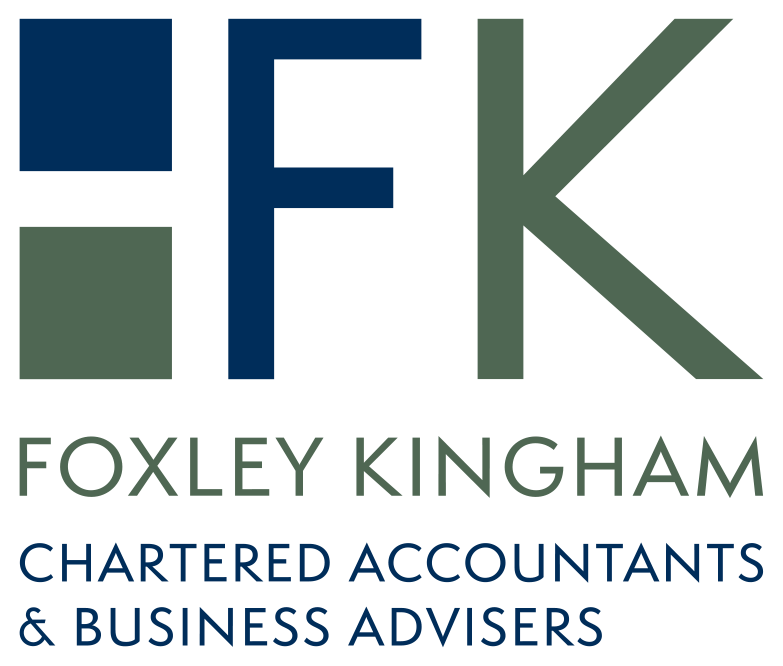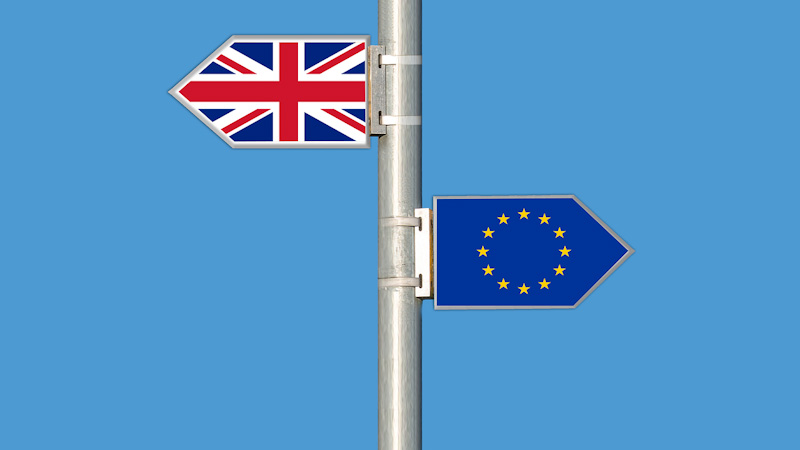On December 24th 2020 the UK and the European Commission (EC) finally agreed on the terms of a trade and co-operation agreement coming into effect after the end of the transitional period on December 31st 2020. This is welcome news for many businesses, but did not leave much time for planning!
The following article sets out the leading queries relating to the deal, the transition and rules going forward. However, it cannot cover all nuances of the new state of affairs – if you have a query you would like to speak to us about, you can contact us today.
What was in the agreement and what does it mean for your business?
The headline news of the agreement was a tariff and quota-free deal for the movement of goods produced in the UK and EU. There are some conditions around this which we will talk about below, and there will still be additional customs and regulation to comply with the new border requirements, all challenging businesses alongside the continuing difficulties of COVID-19.
Businesses already trading outside of the EU will be used to much of the terminology and procedures, but those who have only been trading within the UK and EU will need to be prepared to grapple with some new requirements.
Understanding tariffs
Tariffs, also known as Customs Duties, are a tax levied on imports. From January 1st 2021, tariffs on imports to the UK depend on World Rate Organisation (WTO) rates or the trade agreement negotiated with that country. The UK-EU Free Trade Agreement means that there will be no tariffs on imports that originate in the UK or EU. For imports from other countries, tariffs/duties will apply depending on the type of goods (known as a commodity code), their value, and where they originated.
Free trade and rules of origin
For tariff-free trade, businesses must meet Rules of Origin requirements, including evidencing goods are of EU or UK origin. In theory, this allows goods to be priced as they are now, however compliance with the new regulation and procedures may add some additional cost. Getting these procedures in place efficiently will be fundamental to competitive pricing.
What constitutes goods of UK or EU origin?
- Goods wholly obtained in either the EU or the UK
- Goods made exclusively from materials produced in either the EU or the UK
- Goods containing no more than a specified percentage of materials imported from countries outside the EU or UK. Percentages will vary by product and sector and will need to be checked.
- Importers (whether UK or EU) will be required to declare that they hold proof the goods comply with the Rules of Origin to benefit from the preferential tariffs.
Exporters must hold an Economic Operators Registration and Identification number (EORI) and are responsible for ensuring the statement on origin is correct. This statement will need to be provided on the invoice or other commercial document and describe the product in sufficient detail for it to be identified, down to the individual tariff line.
To ease this in, until December 31st 2021 the importer won’t need to hold a suppliers declaration at the time of claiming the preferential tariff rate, but it is certainly worth setting out to get the correct processes in place as soon as possible.
Customs and VAT rules
From January 1st 2021, the UK is a separate customs territory from the EU. This means broadly, the customs and trade principles with the EU will become the same as those already in place as those for trade with the rest of the world.
Whilst the Free Trade Agreement means there will not be import tariffs, imports and exports with the EU will still be subject to additional customs procedures and import VAT.
Any traders will need to consider the EU border controls before moving goods cross border. You will need an EORI number, which can be easily obtained online from HMRC but can take about a week to arrive. If you already declared EU trade but didn’t have a number HMRC should have automatically registered you, so check first. If you also make customs declarations within the EU you will also need an EU EORI number.
Customs declarations are complicated and using an intermediary can simplify matters. If you decide not to use an intermediary you will need to complete the customs declarations yourself. This will require specialist software and grants are available for this.
Special rules apply for Northern Ireland, so find out more if this applies to you.
Import VAT is due at the same time as customs duty when goods are imported into the UK. This is usually when or soon after the goods arrive at the UK border, but can be deferred. The VAT can usually then be reclaimed as input tax on the next VAT return.
If you import goods regularly, you may benefit from setting up a Duty Deferment Account (DDA). This means VAT and duties can be paid once a month through Direct Debit rather than on entry. In addition, from January 1st2021 VAT registered traders can also elect to account for import VAT on their VAT return using Postponed Vat Accounting (PVA). There is no authorisation process for this, importers just include the EORI and VAT registration numbers on the customs declaration. A monthly statement will be generated which will be used to account for and recover the VAT on the next VAT return.
Border controls
Border controls are being introduced in phases between January and June 2021. Simplified procedures apply to imports for the first six months, where if the importer has a good compliance record the customs declaration on standard goods can be completed and filed afterwards.
For low-value shipments of £135 or less, the vendor exporting to the UK will be required to collect the VAT, if VAT has not been collected the purchaser will need to settle it or include it on their return as a reverse charge.
Safety and security declarations are required on moving goods from the UK to the EU from January 1st 2021 and from July 1st 2021 on moving goods from the EU into the UK.
If you are a regular importer Authorised Economic Operator status could benefit you by bringing faster clearance and a reduced number of checks but there is a stringent application process.
Depending on the border consignments can be cleared electronically in advance, or temporarily stored at the port whilst cleared. Additional controls will apply to certain goods.
Supplying services to the EU
Supplying services to EU customers will be the same as supplying to a customer outside the EU and covered by the existing place of supply rules, with changes to supplies insurance and financial services. EC sales lists will no longer be required.
EU VAT will be due on all supplies of digital services to EU consumers, regardless of sales value. Businesses will have to charge VAT at the rate where the customer is based and declare those sales in the relevant EU member state. The mini one-stop-shop (MOSS) can only continue to be used for sales after December 31st 2020 by registering in an EU member state.
Workforce
EU nationals and their families living in the UK before December 31st 2020 can apply for the UK settled or pre-settled status by June 31st 2021. If you have EU staff working in the UK, ensure they know the steps to register.
Transfer of personal data
If you receive personal data from the EU and European Economic Area (EEA), including group companies, the UK is now deemed a “third country” by the EU. Whilst the UK has agreed to recognise EU data standards as the equivalent for transfers of data from the UK, the EU has not yet issued a decision in respect of the transfer to the UK. To avoid any immediate issues a bridging period of up to six months has been agreed.
The ICO recommends, as a sensible precaution, that businesses that work with EU and EEA organisations to put alternative transfer mechanisms in place to safeguard against interruption to the free flow of personal data from the EU to the UK. The ICO provides more detailed guidance, available here.
Any references to EU law and transfers will need to be updated in privacy notices and other documentation.
Other matters
- UK businesses will lose access to the EU VAT refunds system after December 31st 2020. Refunds will have to be applied for in the EU country where the VAT was incurred.
- HMRC is introducing new procedures for parcels sent into the UK from abroad, including the EU.
- Review contracts and consider if any cross border terms of trade need updating or clarifying, including how VAT and duties are dealt with.
Further information
Whilst this will all take some getting to grips with, a wealth of information is provided online by HMRC and other advisory bodies.
Whatsmore, your local Chamber of Commerce also has international trade services available to help businesses with practical advice and assistance.
Whilst we have endeavoured to capture the main points that may affect your business in this article, it simply cannot include everything in sufficient detail so please take further specialist advice before taking any decisions or give us a call to run your queries past us.


